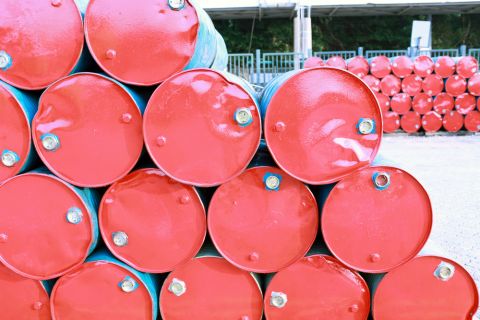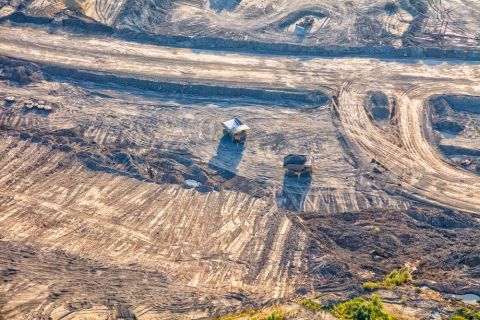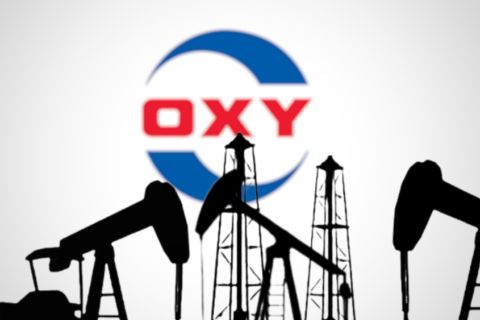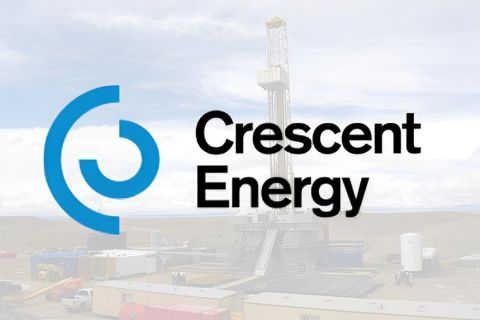Australia's top two independent gas producers, Woodside Petroleum and Santos, are being urged by an activist investor to set carbon emissions targets for their businesses to help limit global warming.
The two Australian companies are among a list of global oil and gas companies, including giants Royal Dutch Shell, Chevron Corp. and BP Plc, being pressed by investors to tackle climate change.
The Australasian Centre for Corporate Responsibility (ACCR) filed resolutions for the annual meetings of Woodside and Santos, calling on them to spell out strategies for reducing emissions, disclose how planned spending fits the Paris Climate accord, and how executives would be encouraged to meet emissions targets.
The Paris accord, adopted by almost 200 nations, set a goal of limiting global warming this century to well below 2 C (3.6 F).
ACCR, which advocates for listed Australian companies to improve their environmental, social and governance performance, said the two companies were not doing enough on climate change.
"This is fundamentally a conversation about what these businesses will look like in a carbon constrained world," ACCR Executive Director Brynn O'Brien said in a statement. "Gas cannot displace coal as a primary energy source if we want to limit global warming to well under two degrees."
Both Woodside and Santos have said gas could help reduce global emissions as an important transition fuel in the shift to renewable energy.
Santos released a climate change report last week setting out targets for reducing carbon emissions from its operations, targeting net-zero emissions by 2050.
A Santos spokeswoman said the company could have the biggest impact on greenhouse gas emissions by increasing sales of liquefied natural gas (LNG) to Asia.
"For every tonne of CO2 produced in Australia, LNG saves 3 to 10 tonnes when it is used for power generation in Asia," Santos spokeswoman Daniela Ritorto said in emailed comments.
A second ACCR resolution asks the companies to review their membership of industry associations, such as the Australian Petroleum Production and Exploration Association, which the ACCR said have "sought to obstruct climate policy."
Both companies said they would respond in two business days to the resolutions.
Recommended Reading
Kissler: OPEC+ Likely to Buoy Crude Prices—At Least Somewhat
2024-03-18 - By keeping its voluntary production cuts, OPEC+ is sending a clear signal that oil prices need to be sustainable for both producers and consumers.
Canadian Natural Resources Boosting Production in Oil Sands
2024-03-04 - Canadian Natural Resources will increase its quarterly dividend following record production volumes in the quarter.
NGL Growth Leads Enterprise Product Partners to Strong Fourth Quarter
2024-02-02 - Enterprise Product Partners executives are still waiting to receive final federal approval to go ahead with the company’s Sea Port Terminal Project.
Buffett: ‘No Interest’ in Occidental Takeover, Praises 'Hallelujah!' Shale
2024-02-27 - Berkshire Hathaway’s Warren Buffett added that the U.S. electric power situation is “ominous.”
Uinta Basin: 50% More Oil for Twice the Proppant
2024-03-06 - The higher-intensity completions are costing an average of 35% fewer dollars spent per barrel of oil equivalent of output, Crescent Energy told investors and analysts on March 5.





